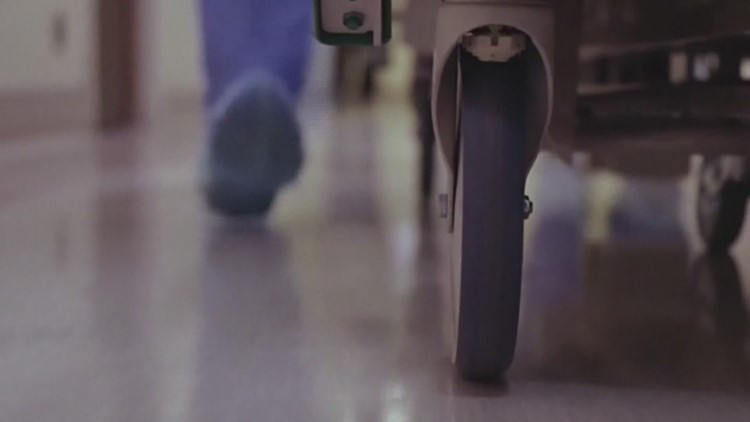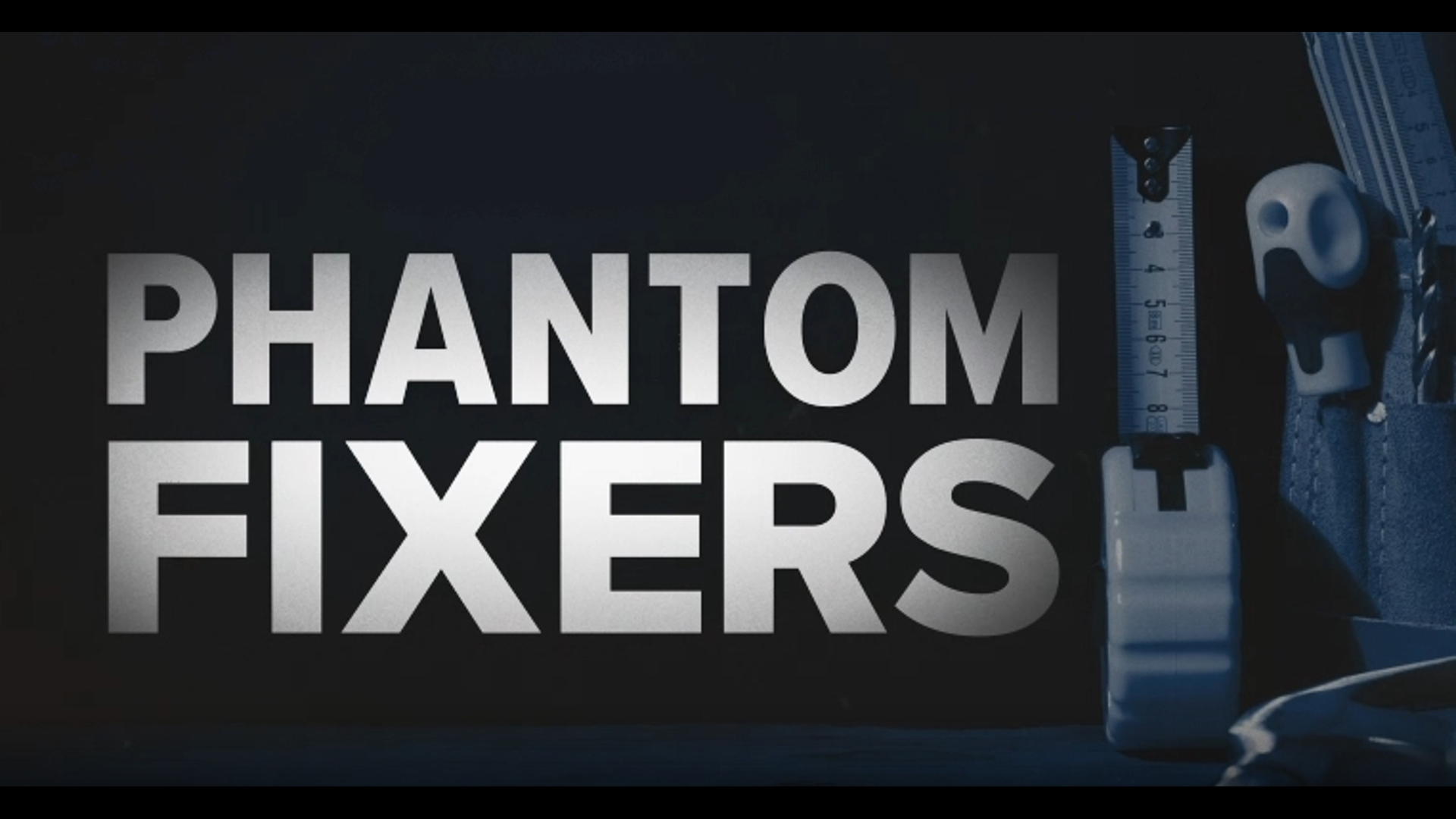PHOENIX — Frontline workers in Arizona faced the spread of the virus directly since the start of the pandemic – and some have raised concerns about workplace safety more broadly as our state begins reopening this fall.
“We are important and we have a right to be protected," said Valley bus driver Markell Taylor who tested positive for the coronavirus in April and was hospitalized later that month.
“It just spread like a wildfire,” said one healthcare worker at a Prescott nursing home who spoke on the condition of anonymity, fearing retribution for raising concerns about his employer.
“I get so anxious going to work every day,” another healthcare worker told the 12 News I-Team. This worker also speaking anonymously about Valleywise Behavioral Health – where cases spread to staff and patients. 12 News spoke with Valleywise Chief Medical Officer Michael White, who said a limited supply of personal protective equipment, particularly N-95 masks, meant behavioral health workers were not permitted to use the masks when working with patients, as the supply had to be reserved for healthcare workers directly in contact with the most severe COVID-19 patients.
Firefighters, police officers, health care workers, bus drivers – all essential workers – raising similar issues about workplace safety during the coronavirus. Many voicing their frustrations about a lack of personal protective equipment and opportunities to social distance – but also concerned about getting paid if they do become sick.
“We're not essential. We're sacrificial," bus driver Rosemary Marquez said.
Since the start of the pandemic, the 12 News I-Team worked to expose the spread of the virus – even as data for specific locations was not made publicly available and workers voiced fears for their safety.
Throughout the months, Taylor and fellow bus drivers, including Rosemary Marquez have struggled not only battling the virus – but with their company in order to get paid.
Marquez and Taylor work for a company, First Transit, that contracts with the City of Phoenix to drive city buses. Though they perform a city service, the city’s policies regarding paid leave for workers sick with the coronavirus did not apply to them.
Instead, First Transit had its own decision to pay workers on a “case-by-case” basis. The company said both Taylor and Marquez would start receiving pay after 12 News’ published stories about the worker’s challenges.
However, on August 20, the two drivers – both still unable to work due to the ongoing symptoms and side effects of the virus, learned suddenly, they would no longer receive pay.
In a voicemail Taylor shared with 12 News, a representative of First Transit said “you will no longer be being paid during your absence, so again that is what I heard from management. If you have any questions you might want to speak with them.”
12 News has made repeated requests since August 20 to speak with First Transit, but repeated voicemails and emails have remained unanswered. Taylor also filed a grievance with the company, but has so far not received answers as to what steps he should take next.
In this episode of Everything You Need to Know About Essential Workers – 12 News’ explores the challenge essential workers have faced – what cities and companies have done to help – and what we have learned as Arizona begins reopening.



